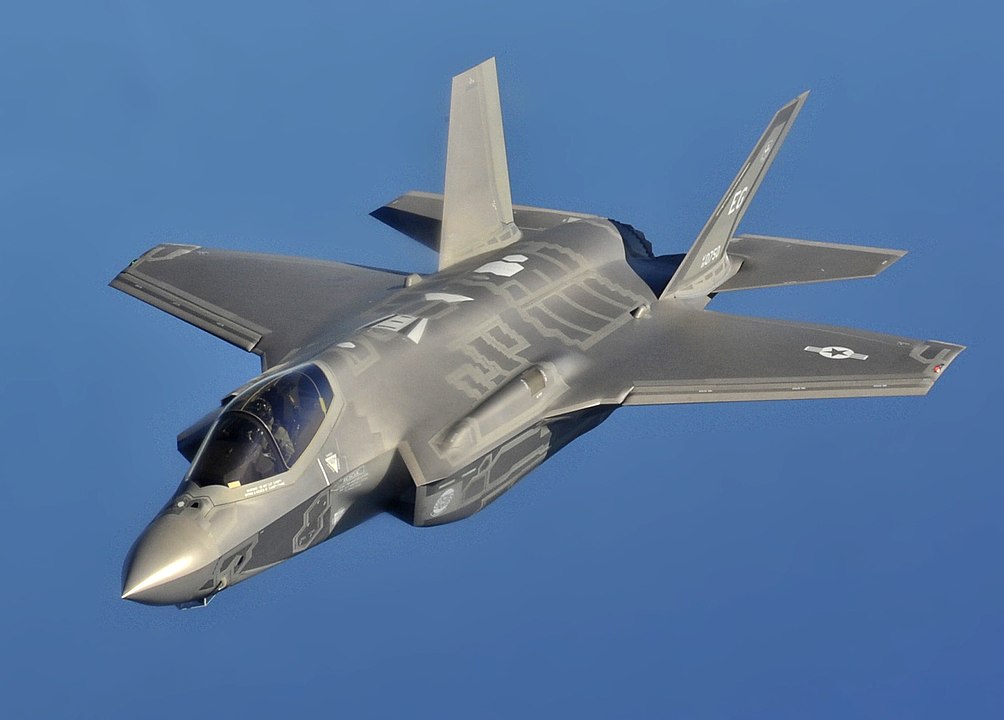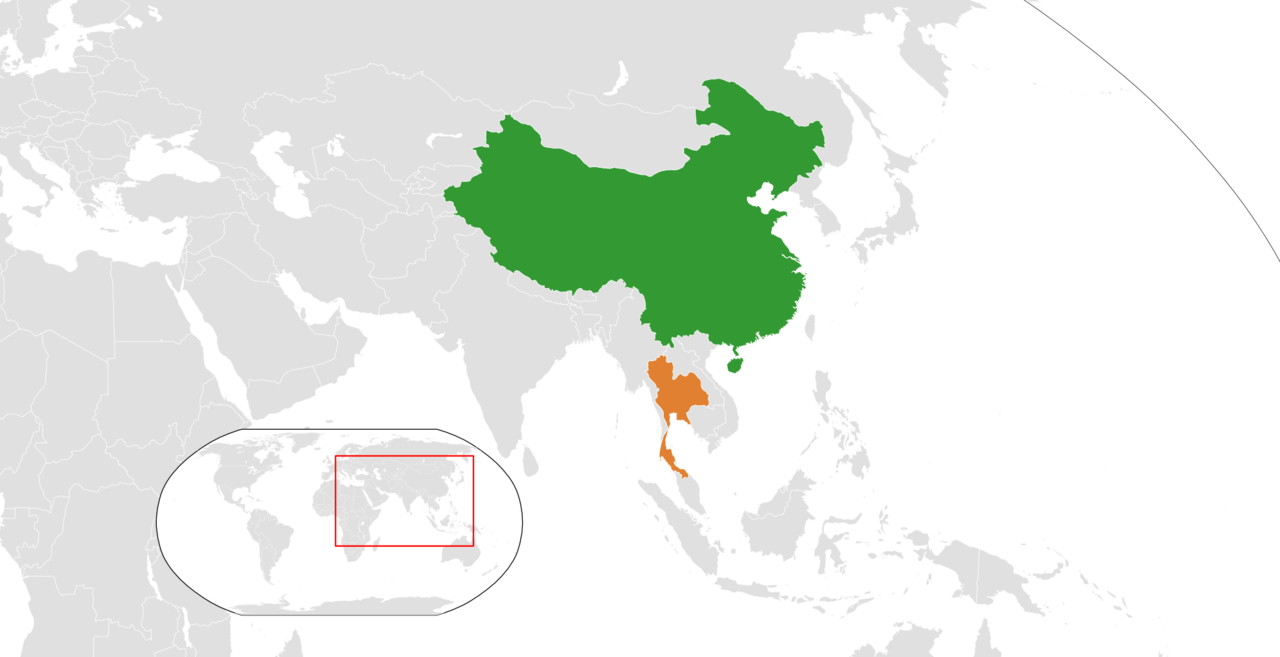
In August 2022, the Budget Scrutiny Committee of the lower house of the National Assembly of Thailand approved the Air Force’s expenditure of 369 million baht to cover half of the cost of its planned purchase of a pair of F-35A jet fighters (fifth-generation fighters) from the United States.
The purpose of the planned purchase is to enhance the Thai Air Force’s attack, anti-aircraft, surveillance, and patrol capabilities. According to its commander-in-chief, its dated fleet needs to replaced. Expected to remain in service for many years, the new fighter jets will allow Thailand to stay in the same league with other countries with advanced fighter jets. The new technologies with which the F-35A is equipped would also be of importance for the development of Thai fighter pilots.
The House subcommittee revised down the proposed budget on the procurement of the fighter jets, reducing it by 50 percent, in the belief that immediate expenditure should give priority to creating jobs and helping small businesses adversely affected by the pandemic. The country is still recovering from the pandemic and should therefore avoid taking on additional debt. Tanadej Pengsuk, a member of the Move Forward Party, slammed the Thai military’s proposed budget stating that it should prioritise the economy and citizens’ welfare. Thiland’s security is important, but given the economic situation, the economy must recover first.
According to the perspective of the House Subcommittee, large expenditure for fighter jets is not needed because the country has no one to fight against. With no pressing regional disputes calling for the acquisition of new jet fighters, is there any urgent, on-going dispute that requires that Thailand strengthen its Air Force?
Huge expenditure for armaments currently highlights the lack of social spending and failure to take seriously Thailand’s extant debt burden on the part of the government of Prime Minister Prayuth Chan-O-Cha. Thailand’s public debt to GDP ratio is expected to reach 62.7 per cent as the country struggles to recover from the Covid-19 pandemic.

Thailand’s previous purchase of submarines from China proved important in enhancing its military technology. This time around, however, Thailand does not plan to buy fighter jets from China, but rather from the United States. Why American planes? Previously when Thailand bought submarines from China, the decision hinged not on the weapons or deals, but instead on the close ties between the two countries. The influence of China proved the defining factor. Now however, Thailand’s close relations with China means that the United States is reluctant to sell fighter jets to Thailand. There are concerns that its latest military technology will fall into the hands China.
Still, Thailand has made military decisions previously in acquiring tanks from China, and frigates from the U.S. as well as hardware from other countries including Sweden, Spain, and armoured vehicles from Ukraine. Thailand considers the giants of the United States and China as the top two countries for its military acquisitions. Yet at the same time, Thailand also considers others, such as Sweden and Spain so it can diversify military armaments. Thailand acquired submarines which also brought self-esteem, announcing that it is an independent political actor. It appears that Thailand is not completely beholden to China and any other country for its military’s needs.
While serving as the speaker of the U.S. House of Representatives, Nancy Pelosi’s recent visit to Taiwan was symbolic of the rupture between China and United States. While the Biden administration apparently opposed her visit, it seemed to some observers to be a tactic to show the United States’ commitment to support Taiwan’s democracy. China’s foreign ministry labelled the visit as seriously damaging U.S.-China relations. What could this mean for the position of Thailand? Thailand is in a non-threatening environment. It attempts to steer clear of unsettling disputes in the region. But the close ties between China and Thailand and the planned procurement of fighter jets have now put Thailand in a risky position, making it more likely to become the centre of a serious dispute.
It has long been thought that China continues to invest in Thailand and to see it as a potential destination for its business ventures. In contrast, the U.S. sees Thailand as a partner, as a country with which it wants to intensify its connections. Because China has been closed due to the pandemic, and to have struggled with the pandemic restrictions, the U.S. has been able to gain some advantage over China in its relations with Thailand.

Despite the planned purchase of the fighter jets being seen by many as inessential for Thailand, proponents of the purchase might claim that their acquisition would boost pride and power; it is true the fighter jets are highly advanced weapons with new technological developments. Thailand would be making a statement in showing its capacity towards the improvement of its armed forces and competing with other countries.
Clearly, the purchase of fighter jets from the U.S. is Thailand’s decision. It even represents the long tradition of Thai monarchs in portraying their power and projecting influence in buying power weapons from other countries. Yet it is strongman-leadership and ego driven rather than a necessity.
Given that Thailand has close ties with China and no ongoing disputes, the proposed purchase of the fighter jets at the current time poorly serves the country’s effort to maximise its security. At a time when Thailand should be focusing on its recovery from the pandemic, massive military spending could have adverse impacts on the nation’s economy. The planned purchase of the fighter jets should not be approved by Parliament at this time as the kingdom needs to devote careful planning and attention to other sectors.
Prem Singh Gill
Prem Singh Gill is an Adjunct Lecturer at Thammasat University (Thailand), Visiting Research Fellow at Universitas Muhammadiyah Yogyakarta (Indonesia), former Senior Researcher at the University of Tokyo, Editor for International Organization for Migration and Co-author at Mahidol University (Thailand)
